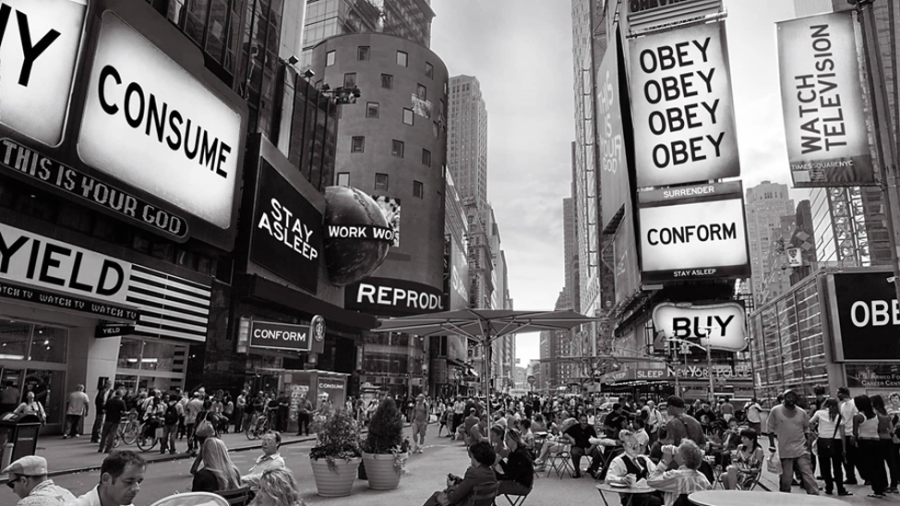Have you at times felt that most of the movies, songs or TV shows seem somehow the same? Just like it was the case with you or anyone, with some alterations? That is not a coincidence, it is in fact part of what some retro-minded theorists call the culture industry.
So, What Is the Culture Industry?
A culture industry is a phrase which was developed by two German men, Theodor Adorno and Max Horkheimer way back in 1940s. They had been staring at Hollywood, radio and pop music and had seen something; culture had begun to resemble a factory.
Companies were now creating entertainment with the sole reason of making money as opposed to the people creating art to express themselves or make us think. Films, music, and entertainment were being created to sell, not to be inspirational.
What is the Culture Industry?
In simple terms, the culture industry describes how culture — things like movies, TV shows, music, and even news — becomes industrialized. Instead of being made for art’s sake or to challenge our minds, it’s made for profit and mass consumption.
Think of Hollywood blockbusters, pop music formulas, or reality TV. These are not random creative bursts; they’re carefully designed products meant to appeal to as many people as possible, using tested formulas that guarantee attention and money.
Adorno and Horkheimer argued that under capitalism, culture stops being about enlightenment or individuality — and starts being about entertainment and conformity.
The Factory of Entertainment
Imagine a factory. Now imagine it produces not cars or phones, but feelings. The culture industry works a bit like that.
Standardization: Most cultural products start to look and sound the same. There’s a formula for pop hits, a predictable structure for superhero movies, a recycled storyline for romantic comedies.
Pseudo-individualization: To make us feel like we’re choosing something unique, small tweaks are added — a different actor, a new twist, a fresh beat. But under the surface, it’s all the same pattern.
Passive Consumption: Instead of encouraging critical thinking, these products are designed for easy consumption — something to relax to, not something to question.
Why It Matters
Adorno and Horkheimer believed that this was an issue since it results to an individual who is less inclined to think independently. By staying constantly occupied with entertainment that assures us that things are okay, may we thereof prevent seeing actual issues in life, such as unfair systems, as well as how businesses attempt to influence our preferences.
They thought that the culture industry maintains people at ease but in servitude. You are selecting what to watch or listen to like you are doing it but they all have led you to the same product.
Fast Forward to Today
Had they imagined that way back, what would they say today on the part of Netflix, TikTok, YouTube, and Spotify! Algorithms present us with what we like, although in most cases, they are just an extension of the same.
Nevertheless, it is something that is better known to people today. We meme, we point and shout at bad remakes and we make jokes on the same three plots of movies. The fact that we are aware is good, we are not simply scrolling.
Final Thoughts
The culture industry is not about pronouncing things popular bad. It is about becoming aware of the way they are manufactured and by who. The next time you binge watch a series or play a new album, give a try to ask:
Why does this feel familiar?
What is it trying to sell me?
Is this something I really like or is it just habitual to me?
It may even be the most enlightening of all sometimes to think of what we find entertaining.

